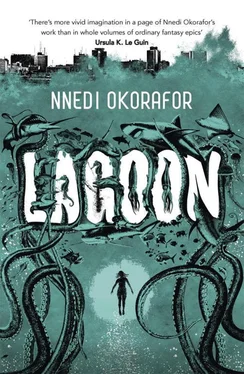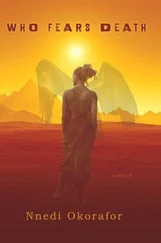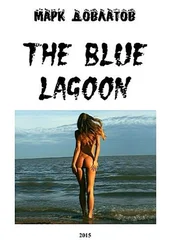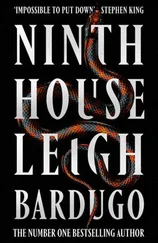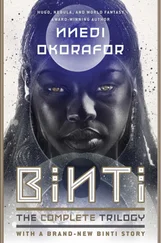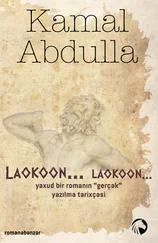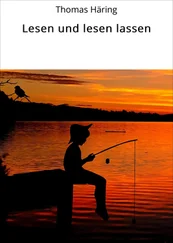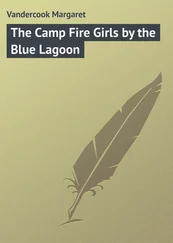Lagos was flooded with evil; the end of days was here. Her throat was sore, her voice raspy from telling The News to all who would listen. There were fights going on all around her – people overtaken by devilry. But she focused on the boy and only the boy. The child-witch of Satan. The worst of them all. She wouldn’t let him out of her sight. Not again. He would not escape. When she’d seen him on Bar Beach, she had instantly disliked him. He’d been clinging to a man, like a dog. Now only he stood still in the sea of chaos. She raised her gun. She pulled the trigger.
Agu saw it about to happen. He turned and started running.
The bullet smashed into the mute boy’s left eye. He stumbled to the side and then sat down hard. He lay back. Comfortable now. His mind focused for the first time in his life. If he had had anything to say, he could have said it.
At the sound of the gunshot, the fighting stopped.
Fisayo turned the gun on a woman and pulled the trigger, stumbling back as it fired. The bullet hit the woman in the arm. Lagos is hopeless. She turned it to a group of fleeing people and pulled the trigger. A man fell, blood pouring from the heel of his foot where he’d been shot. It is over . She’d never shot a gun but it felt natural to her. Maybe that’s why God had shown her the military man in the alley with the knife in his neck; had led her eye to the gun in the shadows a few feet away. It was not one of the big AK-47s that they normally carried; God had left her a weapon she could wield. In the name of Jesus; thanks be to God.
She pulled the trigger a fourth time and nothing happened. She smelled smoke. Her eyes stung with it. She’d done things. Terrible things. Her clients would have never guessed she lived in the “jungle”, deep in the slums of Ajegunle, Lagos. That for the last month, she’d had to live on a human-made island of packed rubbish. She smelled too good. She walked too tall. She fucked with too much skill.
She hoped her brother would forgive her someday.
Poof! Ayodele blew into billions of molecules just as Fisayo pulled the trigger of the empty gun again. To Adaora, it looked like she became the kind of mist you see at the bottom of a large waterfall. Slow-moving and grey. And it smelled like the sea. Several people screamed. Adaora didn’t blink. She wanted to watch.
But as she watched, Fisayo was there, surrounded by the mist, and then she was not. No , Adaora thought, horrified. There was something . She saw it only for a split second but she knew she’d seen it. In that moment, she had seen Fisayo, clothes and all, spread apart. She’d expanded as a photo expanded when only enlarged vertically and not horizontally. At the same time, Fisayo seemed to fade. Then she was gone. Adaora grasped her chest, understanding what she’d seen. Ayodele had pulled Fisayo apart on a molecular level. Adaora shivered.
Fisayo heard nothing. Saw nothing. And said nothing. She would never feel anything again.
A young man who’d been recording the chaos happened to point his digital camera at the boy just as the bullet hit him. He kept filming as the boy sat down hard and then lay back, blood pooling around his small head.
The young man squeaked with horror as three other men and a woman ran to help the boy. He continued filming as the three men realized there was nothing they could do. He got up close, not believing what he was doing. He’d never seen death. He’d always thought he’d run from it when he came across it, yet here he was, pushing his camera up into the boy’s face. No one stopped him. He and his camera were capturing the boy’s soul.
This young man with the recording camera would post the boy’s death on the internet minutes later using his phone. Millions would watch the boy’s surprised but calm face turn toward the camera. The pool of blood spreading behind him like an expanding halo. Then the boy’s face would go slack and the light would dim from his eyes, finally going out completely. The boy would join the group of murdered young people who became iconic figures of troubled times, like South Africa’s Hector Pieterson and Iran’s Neda Agha-Soltan. This child would become The Boy Who Died So the World Could See.
The mute boy never knew his father or mother. He was found in a dumpster and then placed in an orphanage. No one ever bothered to name him and he never knew how to name himself.
He was only eight years old.
Adaora threw herself back into the car and curled into a tight ball. Standing behind Agu, she’d seen the light go out in the boy’s eyes. A hand took hers and squeezed.
“What did you do to that crazy woman?” she asked Ayodele, who sat beside her in the car now holding her hand.
“I took her to the water,” Ayodele said. “That’s all she wanted.”
Everybody saw it.
All over the world.
That was the real introduction to what was happening in Lagos. Nigeria. West Africa. Africa. Here. Because so many people in Lagos had portable chargeable glowing vibrating chirping tweeting communicating connected devices, practically everything was recorded and posted online in some way, somehow. Quickly. The modern human world is connected like a spider’s web.
The world was watching. It watched in fascinated horror, for information… but mostly for entertainment. Footage of what was happening dominated every international news source, video-sharing website, social network, circle, pyramid and trapezoid.
But the story goes deeper.
It is in the dirt, the mud, the earth, in the fond memory of the soily cosmos.
It is in the always-mingling past, present, and future.
It is in the water.
It is in the powerful spirits and ancestors who dwelled in Lagos.
It is in the heads and hearts of the people of Lagos.
Change begets change.
Ayodele knew it.
All her people know it.
Chapter 39
Code Name: Legba
I was there.
To be specific, I was in the Testament Cyber Café, not far from Bar Beach. The waters of the ocean were rising and the government was trying to figure out who was attacking us. Yet there I was in the cyber café totally unconcerned, and up to no good. OK, so I was good at it. I was good at being up to no good. I was good at 419. Nigerian internet fraud.
My code name was “Legba”. It was perfect because Legba is the Yoruba trickster god of language, communication and the crossroads. I am Igbo and I peddle in words. I am American, born and raised. Igbo American, then. Or maybe American Igbo. That sounds better.
I’d come to Lagos to spend time with my grandfather. Two months. A good chunk of my summer vacation. Granddad was cool. I loved him. I was glad to come and be with him for such a long period of time. Before, I’d only come to Nigeria with my mom and dad and sister and those times were only for a couple of weeks, or less.
This time, when I got here, I found my granddad was a spry old man who could still dance to highlife and liked to go for long walks every morning with his hands behind his back and a smile on his face. I was good at making Granddad laugh, too. He liked having me around. My major was engineering but my passion was acting. I could imitate anything . Any voice. Any personality. Granddad’s favorite impersonations were Grandma and the actor Nkem Owoh – I could do them both perfectly.
Anyway, I had a lot of cousins and I grew close to many of them. They were shady and I could type fast. And not only could I impersonate anything in voice, I could do it in writing, too. So, that’s what I was doing in that cyber café with my cousins Uche and Afam. Like I said, I was up to no fucking good. Who would suspect an Igbo guy who was American using the name of a Yoruba god? The stupid American white woman was going to wire her “Nollywood lover” another large sum of money, despite the fact that he hadn’t been there to meet her in Accra two weeks earlier.
Читать дальше
